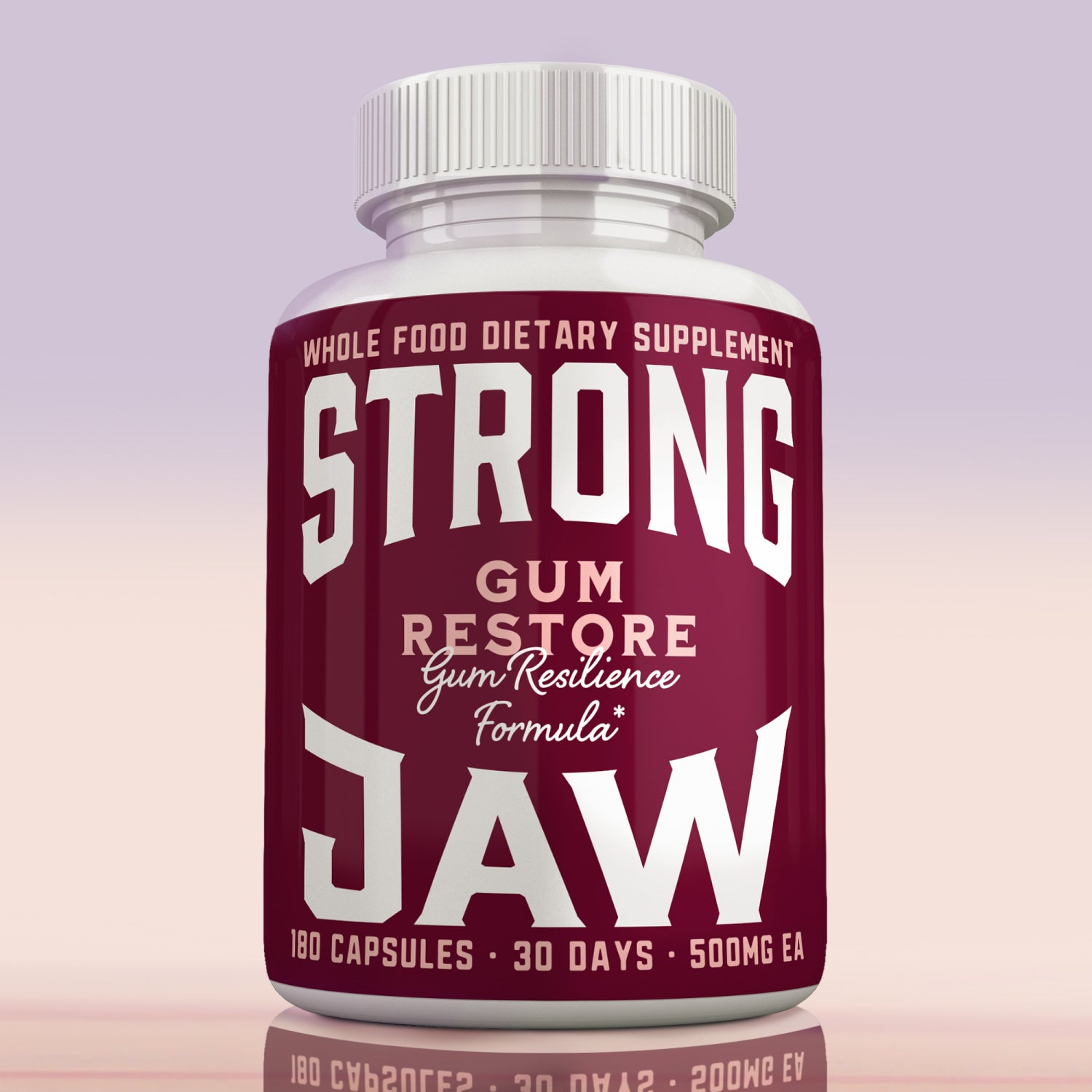Introduction
Welcome back to our enlightening blog series where we explore the complex relationship between diet and dental health, guided by the expertise of Dr. Steven Lin. In our previous posts, we've covered topics ranging from the role of sugar and the oral microbiome to nutrients and systemic health. Today, we're tackling a subject that many find embarrassing but is important to discuss: bad breath. Let's dive into what really causes it and why it's more than just a social inconvenience.
The Social Stigma of Bad Breath
The Social Implications
Bad breath, or halitosis, is often considered a social taboo. It can make social interactions uncomfortable and even affect one's self-esteem. However, Dr. Lin emphasizes that bad breath should not just be brushed off as a mere social issue; it can be a sign of deeper health concerns.
Common Misconceptions About Bad Breath
The Myths
Common myths about bad breath include the belief that it's solely caused by poor oral hygiene or certain foods like garlic and onions. While these factors can contribute, they are not the only causes.
Dr. Lin's Perspective
Dr. Lin argues that bad breath is often a symptom of an underlying issue, which can range from an imbalanced oral microbiome to systemic health problems.
The Oral Microbiome and Bad Breath
The Connection
An imbalanced oral microbiome can be a significant factor in causing bad breath. Harmful bacteria produce volatile sulfur compounds, which are the primary cause of foul-smelling breath.
The Importance of Balance
Maintaining a balanced oral microbiome is crucial for preventing bad breath. A balanced microbiome helps neutralize bad odors and keeps your mouth healthy.
The Role of Diet in Bad Breath
Foods That Contribute
Certain foods can exacerbate bad breath. For example, sugary foods can feed harmful bacteria in your mouth, leading to worse breath.
Foods That Help
On the flip side, foods rich in antioxidants and natural antibacterials like green tea can help improve your breath.

Nutrient Deficiencies and Bad Breath
The Link
Nutrient deficiencies can also contribute to bad breath. For instance, a deficiency in Vitamin C can lead to gum disease, which is a common cause of bad breath.
Essential Nutrients
The nutrients essential for preventing bad breath include:
- Vitamin C
- Vitamin D
- Zinc
Table: Essential Nutrients and Their Role in Preventing Bad Breath
| Nutrient | Role in Preventing Bad Breath |
|---|---|
| Vitamin C | Helps prevent gum disease |
| Vitamin D | Balances the oral microbiome |
| Zinc | Acts as a natural antibacterial |
Bad Breath as a Sign of Systemic Issues
Beyond the Mouth
Dr. Lin discusses how bad breath can be an indicator of systemic health issues. For example, a persistent bad breath could be a sign of gastrointestinal problems.
The Warning Sign
If you've tried all conventional methods to improve your breath and it still persists, it might be time to look deeper into your overall health.
Practical Tips for Managing Bad Breath
Dr. Lin's Recommendations
- Dietary Changes: Incorporate foods that are rich in essential nutrients and natural antibacterials.
- Oral Hygiene: Regular brushing, flossing, and tongue cleaning can go a long way in improving your breath.
- Lifestyle Changes: Avoid smoking and excessive alcohol consumption, as these can worsen bad breath.
Debunking Myths
One common myth that Dr. Lin debunks is the idea that using mouthwash is a long-term solution for bad breath. While it may provide temporary relief, it does not address the root cause of the problem.
Conclusion
Bad breath is not just a social issue but can be an indicator of deeper health concerns. Understanding the underlying factors can help you manage it more effectively. As Dr. Steven Lin points out, a holistic approach that includes dietary changes, proper oral hygiene, and attention to systemic health can go a long way in tackling bad breath.
Thank you for joining us in this installment of our blog series. Stay tuned for the next part where we will explore Bruxism - The Teeth Grinding Issue.



